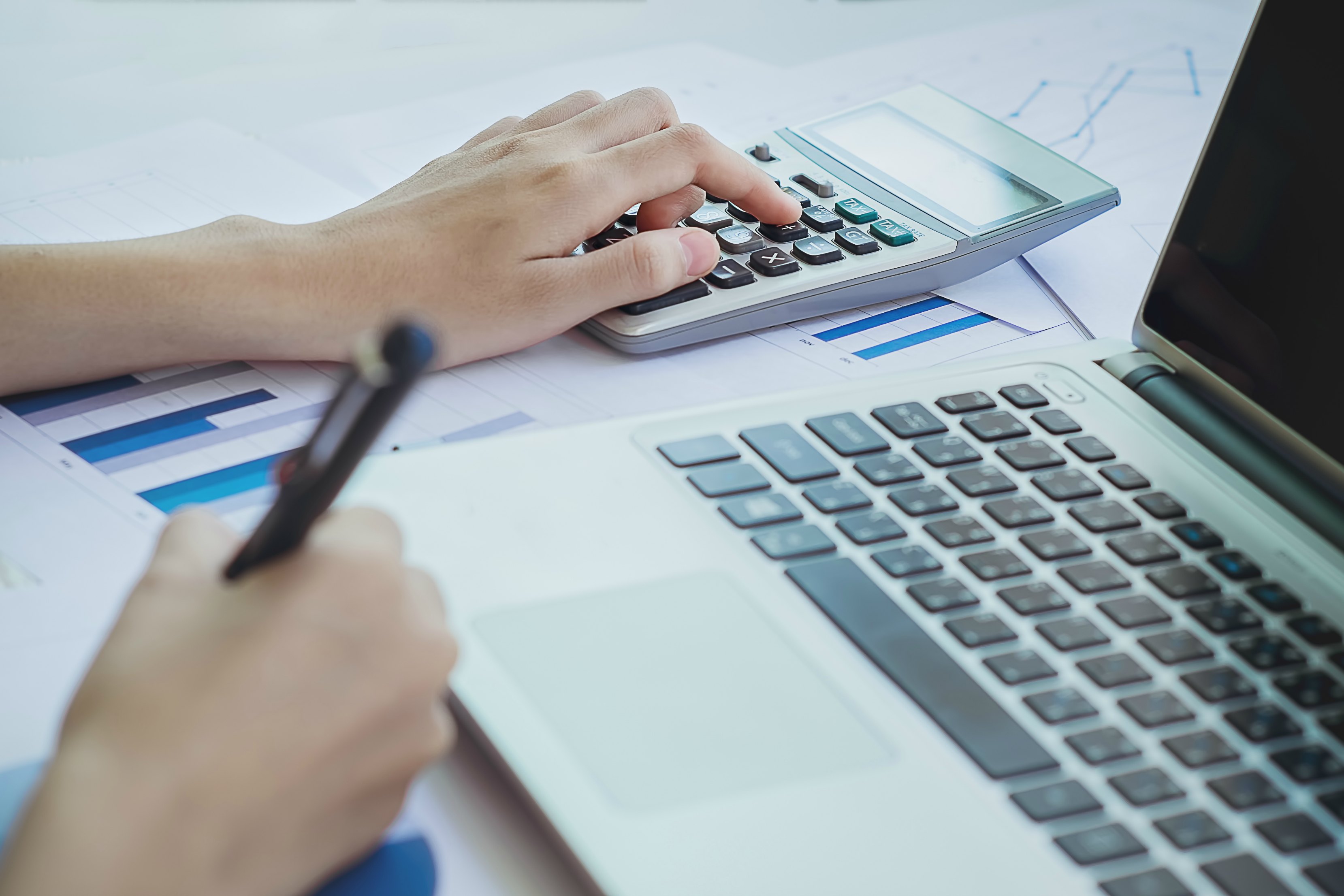Financial Success Formula: Master Property Investing Basics To Create Wealth – Part Two

The foundation of your property investing business is finances. Without capital your dreams of financial freedom will remain unrealised, so it’s vital that you get a handle on your money.
Get your financials in order
-
Pay off consumer debt
As a property investor, you’ll quickly realise the less consumer debt you have, the better your ability to both purchase and service your investment properties.
-
Create and stick to a budget
Be honest with yourself. If you’re not disciplined with your finances your success will be limited at best. Keep close tabs on your ingoing and outgoing expenses, always seeking better ways to manage your money.
-
Obtain a copy of your credit file and have erroneous information removed and/or changed
You don’t want to experience any surprises when visiting your mortgage broker or loan officer. Know what your credit report says and keep a watch on it, checking it on a regular basis. If you find erroneous information, have it removed promptly.
-
Take care of any negative information
To address negative information which may be accurate you can contact the reporting companies directly or engage the services of a reputable credit repair company. There are legal ways to have negative information either removed or the effects mitigated.

Grasp key concepts
-
What are buffers and why do I need them?
A key part of every budget should include funds set aside for legitimate expenses in connection with your investment property(ies). These monies are not to be used for the purchase of a luxury vehicle or extravagant holiday.
Rather, the funds should sit in an offset account, earning compound interest until such a time as they’re needed for legitimate expenses in connection to your investment property(ies).
-
What is an offset account and why should I use one?
An offset account is simply a savings account which is linked to your loan account. Let’s assume you have a mortgage for $100,000 which is linked to an offset account with a balance of $10,000.
In this scenario, you would only accrue interest on $90,000 rather than the entire $100,000. You will still pay back the principal of $100,000, however the interest will only be calculated on the $90,000.
Do you see how quickly this can work in your favour? As your savings are reducing your loan, those repayments you make are more effectively reducing both the principal and interest on your mortgage.
There are two different types of offset accounts; partial and 100% offset. Obviously, as they have grown in popularity, more people opt for the 100% offset account type.
-
What is money migration?
Money migration simply means that as investors, we’re looking all across the country for markets which are doing well and then putting our money where it has the greatest chances of growing. This involves all aspects of investing; strategies, timing the markets, setting up our structures and of course trading when necessary to achieve our goals.

-
Which is better – positive or negative gearing? Does it matter?
A property is negatively geared when the expenses of ownership – including finance and maintenance costs – exceeds the rental income, resulting in a loss.
Negative gearing deductions are most beneficial to people in high income brackets where they are in the top marginal tax rate.
Losses are then offset against other income (e.g. salary or business income) reducing the tax obligations of the owner. This strategy works very well for high income individuals as the more money which is borrowed the more interest is charged which can then be deducted 100% from the owner’s taxable income.
A property which is geared positively means that the income derived from owning the property exceeds the financial and maintenance costs incurred. Monies received are then added onto the owner’s income and taxed at the appropriate rate.
Both negative and positive gearing have their place in a property investor’s portfolio.
-
Is a positive cash flow property the same as positively geared property?
“Positively geared” property means it creates more income than expenses BEFORE tax, whereas positive cash flow property ONLY creates more income than expenses AFTER tax deductions and refunds are calculated.
-
Is one better than the other?
Put simply, no. The option you choose depends on your particular financial situation and the goals you’ve set for yourself.
Typically, positively geared property is best unless you’re able to find property in a high growth area using a positive cash flow strategy. Generally, properties which are either new or newly renovated (high depreciation) hold the greatest potential to be positive cash flowed, because you can claim a greater “on paper” loss, thereby recovering more via tax refund.
On the other hand, properties which are older and less expensive have the potential to offer a strong rental return, creating a positively geared property.
It’s your choice to either lose money and recover it through taxes or earn money before taxes and offset the income received through tax deductions, essentially paying little to no tax.
Click here for the final installment of our series of the basics of property investing.
“Positively geared” property means it creates more income than expenses BEFORE tax, whereas positive cash flow property ONLY creates more income than expenses AFTER tax deductions and refunds are calculated.
-
Is one better than the other?
Put simply, no. The option you choose depends on your particular financial situation and the goals you’ve set for yourself.
Typically, positively geared property is best unless you’re able to find property in a high growth area using a positive cash flow strategy. Generally, properties which are either new or newly renovated (high depreciation) hold the greatest potential to be positive cash flowed, because you can claim a greater “on paper” loss, thereby recovering more via tax refund.
On the other hand, properties which are older and less expensive have the potential to offer a strong rental return, creating a positively geared property.
It’s your choice to either lose money and recover it through taxes or earn money before taxes and offset the income received through tax deductions, essentially paying little to no tax.
Click here for the final installment of our series of the basics of property investing.

Successful Property Investors Don’t Quit Their Day Job
You need that income! One of the primary things you need to be a successful property investor is a job. Why? Because you need money. You need a job to borrow money. You need savings or some cash to buy your first property. But the sad fact is, a lot of people...
6 Ways To Speed-Up Your Next Property Purchase
Get There Faster If you are already a property investor with one or even two properties, first of all, congratulations. You’ve taken some seriously great steps in creating your future wealth and a pathway to a work-less, play-more retirement with passive...
Property investing: Five ways to create cashflow boom!
When it comes to property investment there are some things you can never have enough of.
When it comes to property investment there are some things you can never have enough of. Good tenants, reliable builders, a great relationship with your bank.
But more than anything what you need is good cash flow.
Having a steady income of cash means never having to dip into your own pocket to top up repayments, complete repairs or make another purchase.
Here are the top five ways you can ensure the cash keeps flowing, so you can keep your investment portfolio growing.
Lock it in! How to protect your equity
Don’t be caught without it.
As a property investor who is building a portfolio, it’s vital that you have access to your equity whenever you need it.
There’s nothing more frustrating than finding that perfect new property to purchase, only for it to be held up – or worse still, lost completely – because your finances weren’t in good shape.
Having an interest-only loan structure with a healthy off-set account is a great way to ensure you have equity at your fingertips whenever you need it, but that’s not the only way…



